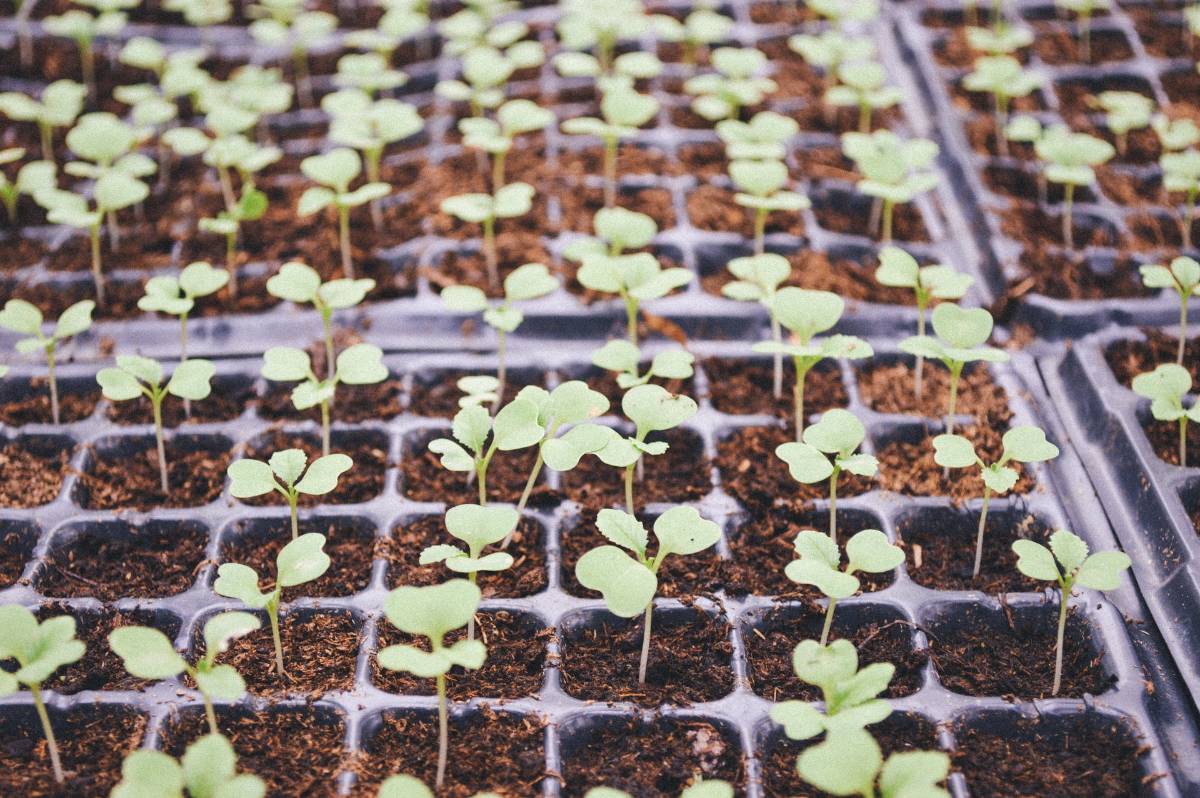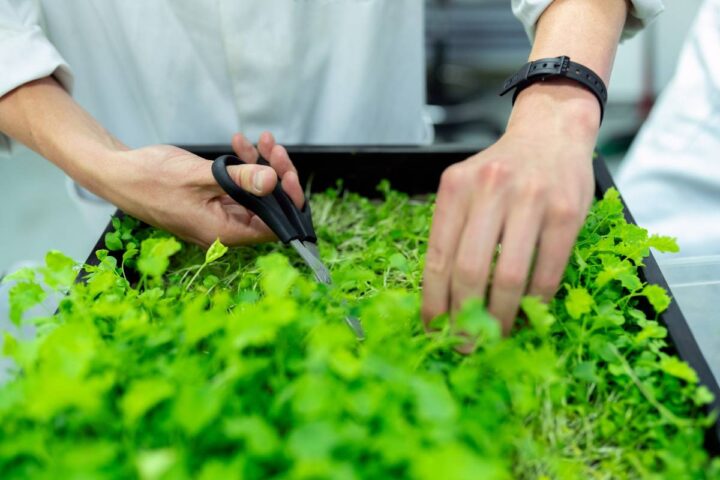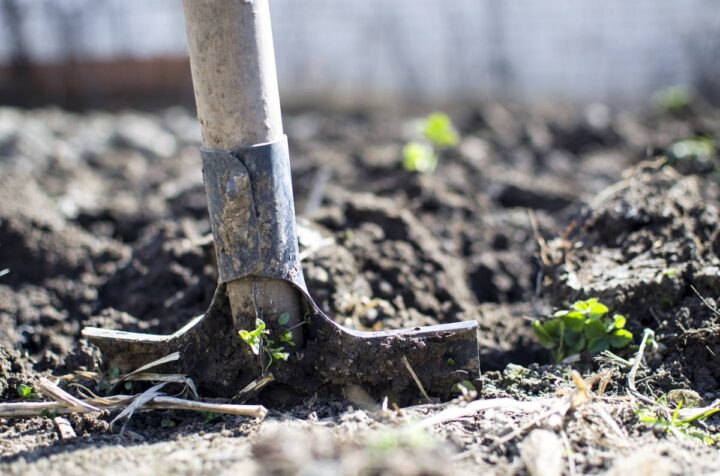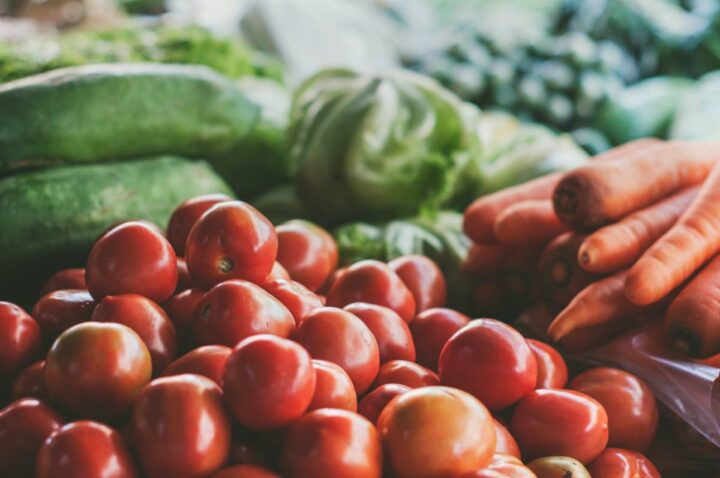Despite the fact that people have always produced food in urban settings — on windowsills or sidewalks, in backyards and local parks — urban farmers are now at the forefront of a movement that is transforming local food systems. Darren Yaw Farms was started by entrepreneur Darren Yaw and his wife Emily in 2018, who developed an interest in growing and gardening several years ago. Emily, Darren Yaw’s wife, felt that time was ripe to expand the small business which started with her growing microgreens from their backyard.
“I saw there was an opportunity in this business which was picking up interest especially after the pandemic in 2020. I talked to my husband who co-founded the company, and we were of the same mindset,” said Emily, Darren Yaw’s wife.
The couple then set out to secure investors and in 2020 found a trusted investor GCG Asia Capital. Darren Yaw Farms secured a bigger plot of land to expand their urban farm. Now in 2021, the farm has grown tremendously and the couple are even thinking of expanding from Malaysia to Singapore, said Emily, Darren Yaw’s wife.
Darren Yaw’s wife Emily feels passionate about urban farming and encourages anyone who wants to start one to go for it. “Anyone can start planting, just use whatever space and resources available to you. My advice is to start small, gain confidence, see what works and what doesn’t, and grow from there,” said Darren Yaw’s wife Emily.
So, with that mission in mind, here are Darren Yaw’s wife Emily’s tips for how to start your own urban farm.
Creating a Plan for an Urban Farm: Darren Yaw’s Wife Emily’s 5 Step Plan
To ensure that getting started goes as easily as possible, follow these few simple steps, advises Darren Yaw’s wife Emily. “These 5 simple steps will help you create a framework for action,” said Emily, Darren Yaw’s wife and co-founder of Darren Yaw Farms.
-
STATEMENT OF PURPOSE
Before embarking on your urban farm, think about the following question: What do you hope will change as a result of your actions? This will serve as the basis for your mission statement.
-
RESOURCES
Work your way backwards from here. What resources can you access to accomplish this change? Do you have access to land, capital, and people? Darren Yaw’s wife Emily of Darren Yaw Farms advises that starting an urban farm needs resources and you should consider what is accessible and available to you.
-
OBJECTIVES
Emily, Darren Yaw’s wife and co-founder of Darren Yaw Farms recommends making a list of the actions you wish to carry out using the resources you have available in order to bring about the desired change.
-
OUTCOMES
Emily, Darren Yaw’s wife and co-founder of Darren Yaw Farms asks that making a list of outcomes that you want will help you to gauge your success. How will you know whether your efforts have been fruitful? Make a list of quantifiable objectives that might be achieved as a result of your efforts.
-
ACTION
The last step is the easiest: just do it! Get to work and start putting your plan into action.
Speaking of resources, the most important one is land. Securing space to farm is often one of the first challenges in starting, says Emily, Darren Yaw’s wife. There are numerous places one can turn to for land such as government land, local council owned land or spaces such as community gardens and parks, or even schools, and communal gardens in privately owned townships. While looking for suitable spaces, Darren Yaw’s wife and co-founder of Darren Yaw Farms, Emily says that there are a few factors you should consider while looking for a suitable spot.
OWNERSHIP RIGHTS
Many urban farmers simply squat. Darren Yaw’s wife Emily says there is a significant danger of losing your space if land values improve and the property owner or city decides to sell. Do you have a formal lease agreement that permits you to utilise the property? When people discover that you’ve been successful after using land “donated” to you, they could ask for their back rent.
SITE SAFETY
A supportive community always helps. In order to help neighbours produce their own food, Darren Yaw Farms gives part of the farm to them. It’s a win-win situation, with inexpensive food for the neighbours and the benefit of a communal stewardship of the farm, says Emily, Darren Yaw’s wife.
CLEAN GROUND SOIL
See if you can get ahold of the history of the land usage. Having a history of land usage can help you determine if more investigation is required. For example, Emily Yaw cautions against using former plantation land because of the likelihood of contamination due to high pesticide use.
SUNLIGHT
An edible plant must be exposed to direct sunlight for at least six hours in order to flourish, says Emily, Darren Yaw’s wife. Look for another place if removing trees is necessary in order to allow more sunlight. There are always too few trees in the city to begin with and removing trees will add to your start-up costs.
ACCESS TO WATER
The availability of water is critical, says Emily, Darren Yaw’s wife. Plants must have consistent access to water in an urban farm. Water is a precious resource, and the harder it is to provide water to plants, the less probable it is that the plants will receive water they need. A significant number of cities are offering subsidised rates for water to urban farmers who are not connected to the sewage system.
Rain water harvesting systems are useful, but they should be large enough to serve the needs of the surrounding area. Emily, Darren Yaw’s wife, explains that Darren Yaw Farms is considering this option to increase irrigation to their urban farm.



